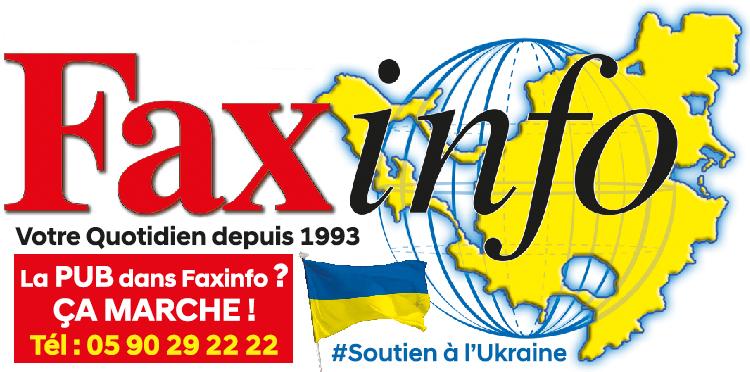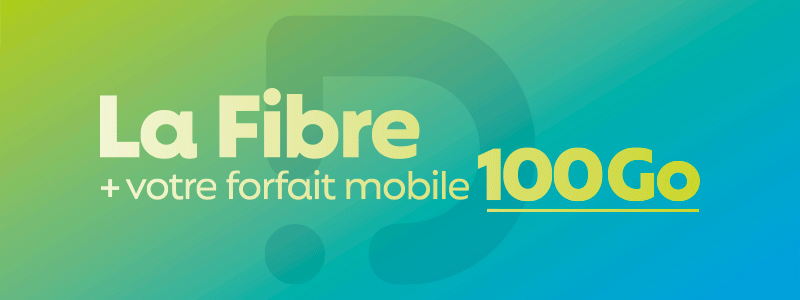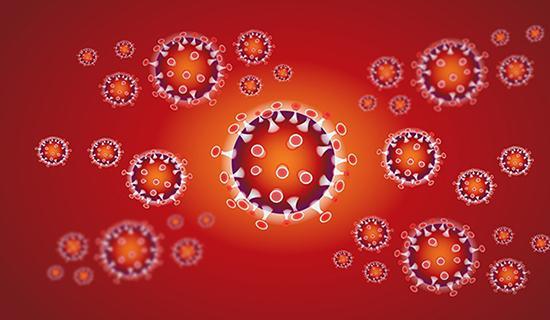It is important to remember:
- that to date there is no vaccine, food, air purifiers, lamps, food supplements or essential oils ... which protect or cure the Coronavirus. Therefore any presentation of products (food or not) claiming to protect or cure the coronavirus is a deceptive commercial practice;
- that Coronavirus tests are only carried out by health authorities to confirm a diagnosis. Any company or individual offering you a screening is not competent in this matter. The state does not offer a screening kit directly to citizens. No screening kit can therefore be sold on the internet and sent by post. Any offer of testing that appears to come from state services is a scam to obtain your personal details, particularly your bank details. Likewise, the State or State agencies do not offer a containment kit comprising a mask, hydroalcoholic gel, thermometer or other medical equipment;
- that fraudulent websites seek to sell drugs claiming to be effective against the virus or drugs intended for the treatment of other diseases (HIV, malaria, etc.) which are the subject of research in the context of the fight against the virus. The sale of these is only possible on medical prescription and in pharmacies; acquiring these medicines online is illegal and may put you at serious risk to your health (undesirable effects or even fake drugs);
- that the online sale of paracetamol has been suspended (see the link to the ANSM site below), and that the advertisements on the internet offering this drug are therefore fraudulent;
- that the travel certificates are made either on their honor or by the employer. They are free. Do not be seduced by sites that offer to issue you travel certificates for remuneration, these are scams. Be careful also for sites offering to publish a digital version of this certificate: you are likely to provide particularly sensitive personal data. Only official certificates printed, copied on plain paper or digital issued by the Ministry of the Interior are valid;
- that the decontamination of private housing is not planned to date by the state services. Persons claiming to have compulsory decontamination are not authorized to do so and seek to break into your home fraudulently;
- that taking advantage of the outpouring of solidarity to help caregivers organized by platforms for appealing donations or fundraising funds, certain individuals illegally exercise the activity of intermediary in crowdfunding. Check the identity of the professional and the destination of your donations before making a money transfer. The same vigilance should apply to appeals for donations in support of certain sectors of activity (publishing, catering, animal shelters, etc.);
- that we must remain vigilant in the face of offers of financial investments. In the current context, these offers can take different forms: investments in so-called “safe haven” securities (gold, precious metals, wine, etc.) or advantageous investments in companies supposed to generate profits during the Coronavirus epidemic. Check the reliability of the companies behind these offers. Consult the lists established by the Autorité des marchés financiers of companies that have received a warning or have usurped the identity of regulated actors: https://www.amf-france.org/fr/espace-epargnants/proteger-son-epargne/listes-noires-et-mises-en-garde. In any event, any investment involves risks, the higher the return the higher the risk;
- that the frauds already known to multiply. Among these frauds are phishing or smishing (or phishing) which consists in impersonating a company or an administration to send emails or SMS related to the Coronavirus epidemic and thus encourage clicking on a link or call back a premium rate number in order to obtain your personal data (particularly banking) or a money transfer. Likewise, bounce calls fraud consists of inviting (by calls or messages left on the answering machine) the consumer to call a premium rate number, under false pretexts linked to the coronavirus or to his administrative situation;
- alternatively, announcements of fast deliveries or short deadlines (free or paid) must be approached by the consumer with caution in view of the current circumstances which do not systematically allow delivery within the expected time.
6,433 total views






No comments